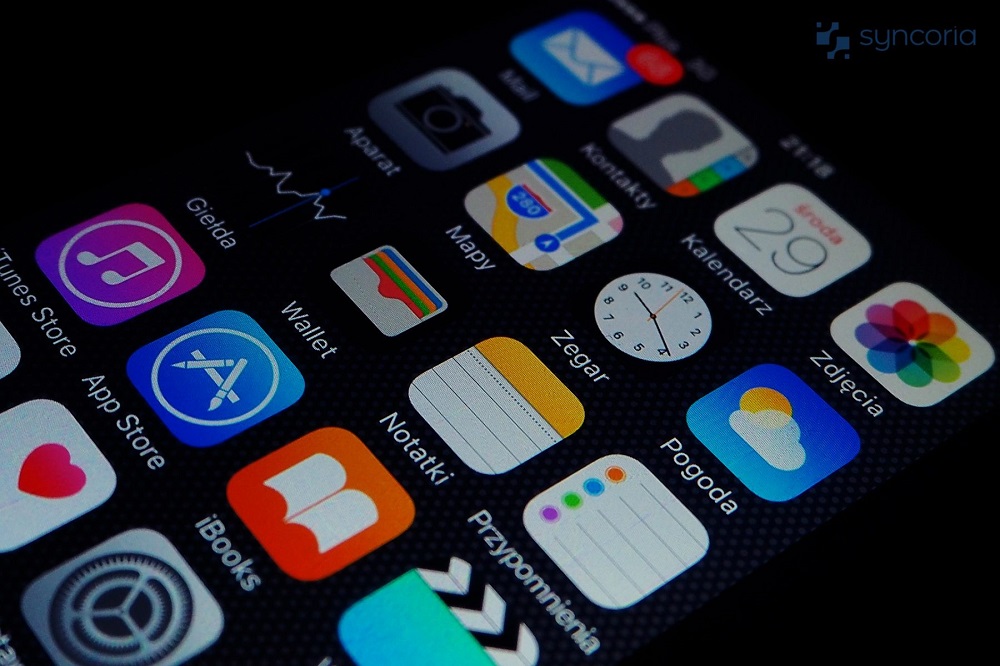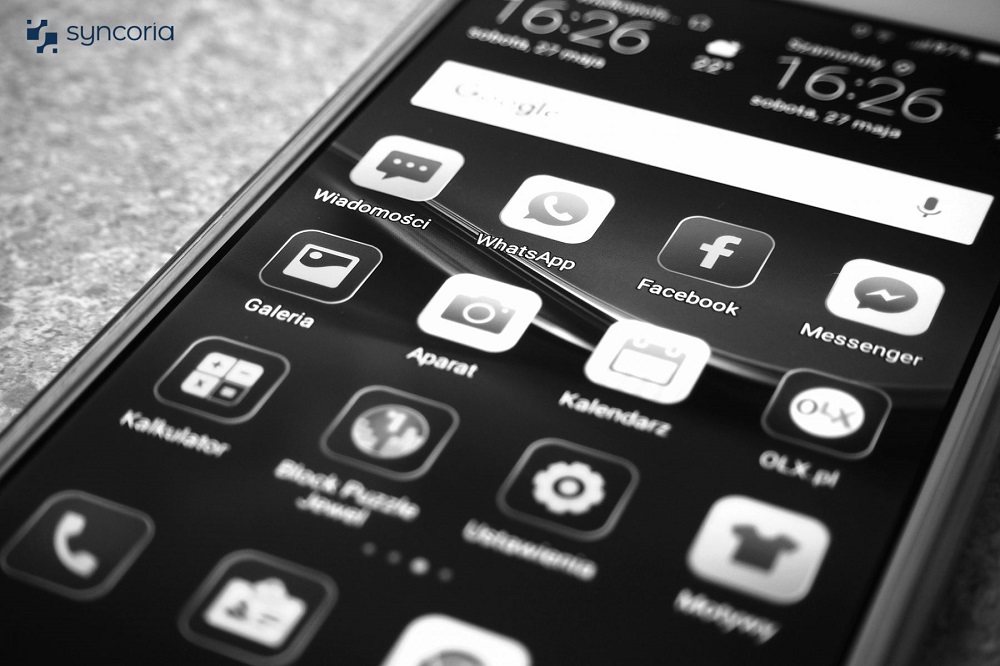Related Articles
Benefits of in-app purchases feature in your mobile application. Let’s face it: Being an app developer is hard. You need to spend countless hours hunched over complicated and lengthy codes, travel back and forth to pitch your idea to potential sponsors and then maintain proper post-release functioning of the app with regular timed updates.
You want to generate revenue out of it not only because you have to keep your shirt but to also cover the costs of maintenance and to generate profit for future app developments.
However, generating money from mobile applications is easier said than done.
Charging a fee for the app before it can be downloaded and tried out can cause customers to shy away and opt for a free alternative.
There is also stiff competition from established software developers and publishers.
So what is the solution?
Enter: In-App Purchases. This gem of a concept allows you to keep your app free to ensure maximal downloads and to also generate revenue that far exceeds those earned by premium apps. Read on to find out how.
What are In-App Purchases?

At its root, In-App Purchases refer to buying or selling services directly inside a mobile application that is accessible by a smartphone or a tablet.
Its unique benefit is that it allows developers, especially new ones, to generate profit from an app while keeping the basic app free for customers.
The revenue that is generated by consumers making in-app purchases is 20 times more than the revenue created by premium apps and accounts for about 48% of mobile app earnings.
Estimates and analysts also suggest that global revenue from in-app purchases will surge to $70 billion by 2020. There are mainly four categories of in-app purchasing methods:
1) Consumable Purchases:
These are mainly used in mobile games where users pay money to gain access to special features, privileges and in-game currency.
This is best for users who do not want to wait for their currency or energy to replenish, instead opting for a quick boost.
These purchases also include new emoticons, stickers and themes in messaging apps and new filters and features in video/photo editing apps.
2) Non-consumable Purchase:
These include one-time payments that are made to gain access to special features that are permanent.
3) Auto-renewable Subscriptions:
This is the model used by streaming services like Netflix and Hulu. This gives the user access to streaming content and updates while renewing the subscription automatically unless the user decides to terminate it.
4) Non-renewable Subscriptions:
This offers users a limited access to special privileges and they have to be manually renewed by the user with money.
Benefits of In-App Purchases:

1) Access To The Freemium Model:
In recent times the freemium model has become very popular as a way to make money from apps.
Look no further than Clash of Clans, the strategy game from Finnish Developer Supercell that consistently ranks high on the top grossing apps list.
In this model, users can try out the app with its basic features for free but have to pay to access more premium and special features or to upgrade to a better, “pro” version.
Developers can make use of targeted advertisements, offers, in-app messages and push notifications to keep consumers engaged.
For example, on a shopping or food delivery app, the prospect of a discount or a special offer increases the possibility of them spending money on the app.
Certain commodities within the app such as access to more features or more in-game currency provide substantial benefit to users who want to spend less time grinding on their games and who want to use more features for their messaging, editing or multimedia applications.
This is also a significant source of in-app purchases as these privileges can be offered in a personalized manner with the correct amount of incentives.
By incorporating these methods, the developer can ensure that their app gets downloaded maximally and that consumers are consistently using their app. This in turn increases the probability of revenue from in-app purchases.
2) Greater Exposure:
As more and more users download your app and inundate it with reviews, the app gets preferential treatment from the app store itself.
Your app is more likely to show up in lists such as “Top Grossing Apps” or “Best Apps of the Month/Week”. Substantial exposure can be garnered as users are more incentives to download and try your app.
It is possible to keep a large volume of users engaged with your app and this sheer volume will greatly increase the revenue and traffic you will generate.
3) Greater Brand Loyalty:
Almost every app store is saturated with different apps from each category. It is important to hold on to your users and prevent them from migrating to other alternatives.
This can be ensured with in-app purchases. Users have reduced “buyer’s remorse” as they can try the app out for free and depending on their preferences, may choose to upgrade or make purchases.
Therefore, the users you will generate are more likely to be loyal. Bundled offers, promos, rewards for purchases and personalized lead nurturing can also ensure that your users stay “hooked” to your app as they constantly find new and exciting things every day.
4) Ease Of Payments:
Making in-app purchases typically do not require users to fill out long forms as they can easily make payments with a few taps and biometric authentication steps.
This increases consumer satisfaction and incentivizes more users to pay due to the reduced hassle and the prospect of receiving an instant benefit.
Once they make that initial payment, it is easy to keep incentive’s them to continue making payments for easy rewards as it becomes second nature and they do not really “think” about the act of paying itself.
5) Ease Of Promotions:
Finally, in-app purchases are a wonderful gateway to promote the consumables and features in your app that are the most popular. With timed and spiced-up offers about the best features, you can ensure that users are more likely to be swayed to make the payment.
This allows you to focus on improving those popular parts and results in better resource allocation at the development and maintenance level.
Conclusion:
In-app purchases are a major revenue generator in the current market and when implemented properly, can allow small developers and publishers to grow and achieve bigger things. So what are you waiting for?




